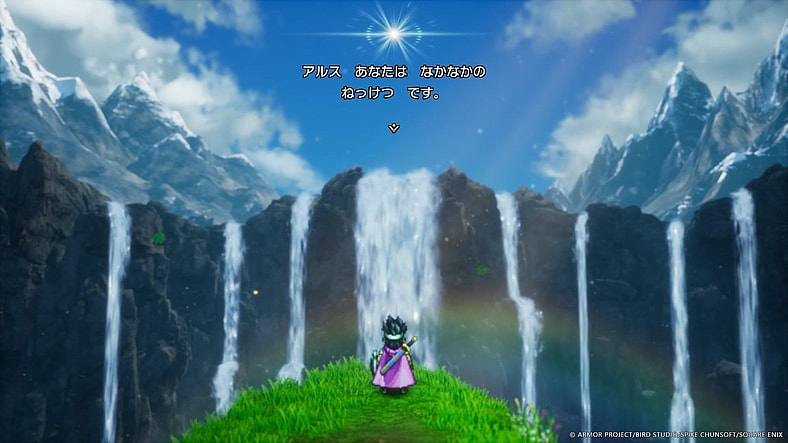Square Enix Adopts New Customer Harassment Policy, ‘Final Fantasy’ Studio Can Now Deny “Products And Services” To Players Whose Interaction With An Employee “Exceeds Socially Acceptable Behavior Or Is Harmful”

In seeking to protect their workforce from undue and particularly over-the-top harassment, Final Fantasy and Dragon Quest parent company Square Enix has adopted a new customer harassment policy which gives them the right to “take action as necessary” against any individual who threatens the company’s operations or an employee’s safety.

Announced on January 10th via an official post made to Square Enix’s official website, this new policy was reportedly given the green-light by the developer in response to a number of incidents involving a fan’s interaction with one of their employees.

“Square Enix believes that the feedback, comments and requests received from our customers are essential to the advancement of our group’s products and services, therefore we are committed to strive to apply your voice in improving our products and services,” explained the developer of their decision to implement said policy. “At the same time, there are instances where certain customers take actions directly or through our support centers, or towards our group executives, employees, partners who are involved in the creation and distribution of our group products and services, that constitute ‘customer harassment,’ such as denial of personality, violence, defamation, intimidation, advance notice of wrongdoing, advance notice of obstruction of business, harassment.”
“Such actions do not only prevent our employees and partners from engaging in their work with a sense of security but also causes disruptions to other customers,” they asserted. “Square Enix will not tolerate harassment and will take action as necessary.”

To this end, the actual policy holds that, should the Kingdom Hearts series developer “determine that an individual has engaged in an action against one of our employees or partners that exceeds socially acceptable behavior or is harmful,” they “reserve our right to cease providing support services or to refrain from providing our group’s products and services.”
Further, in regards to those cases “where such action is egregious or with malicious intent,” the company now “reserves its right to protect its employees and partners and to take legal action or criminal proceedings upon consulting the police and/or lawyers.”

According to Square Enix, the actions that are considered “customer harassment or to exceed socially acceptable behavior or is harmful” include:
Harassment:
- Act of violence, violent behavior
- Abusive language, intimidation, coercion, duress, excessive pursuit or reprimand
- Defamation/slander, denial of personality, personal attack (including email, contact in contact form, comment or post on the internet), advance notice of wrongdoing, advance notice of obstruction of business
- Persistent inquiries, repeated visits
- Trespassing by visiting or staying in an office or related facility without permission
- Unlawful restraint including via telephone calls and online inquiries
- Discriminatory speech and conduct regarding race, ethnicity, religion, family origin, occupation, etc.
- Infringement of privacy by taking pictures or making video recordings without consent
- Sexual harassment, stalking, repeated stalking behavior
Undue demand:
- Unreasonable changes or exchange of product or request for monetary compensation
- Unreasonable response or request for an apology (including face-to-face response or request for an apology specifying the position of our employee or partners)
- Excessive requests for the provision of products and services exceeding socially accepted norms
- Unreasonable and excessive demands for punishment of our employees

As noted by Square Enix, though this policy was “based upon Japanese law”, it is still “applicable globally in accordance with local laws and regulations”.
At current, it’s unknown just exactly how, and by what metrics, the developer will hand out penalties. While speculation suggests they will likely consider each infraction on a case by case basis, concrete information as to this process will ultimately have to wait until such time when Square Enix performs the first official enforcement of their new policy.
